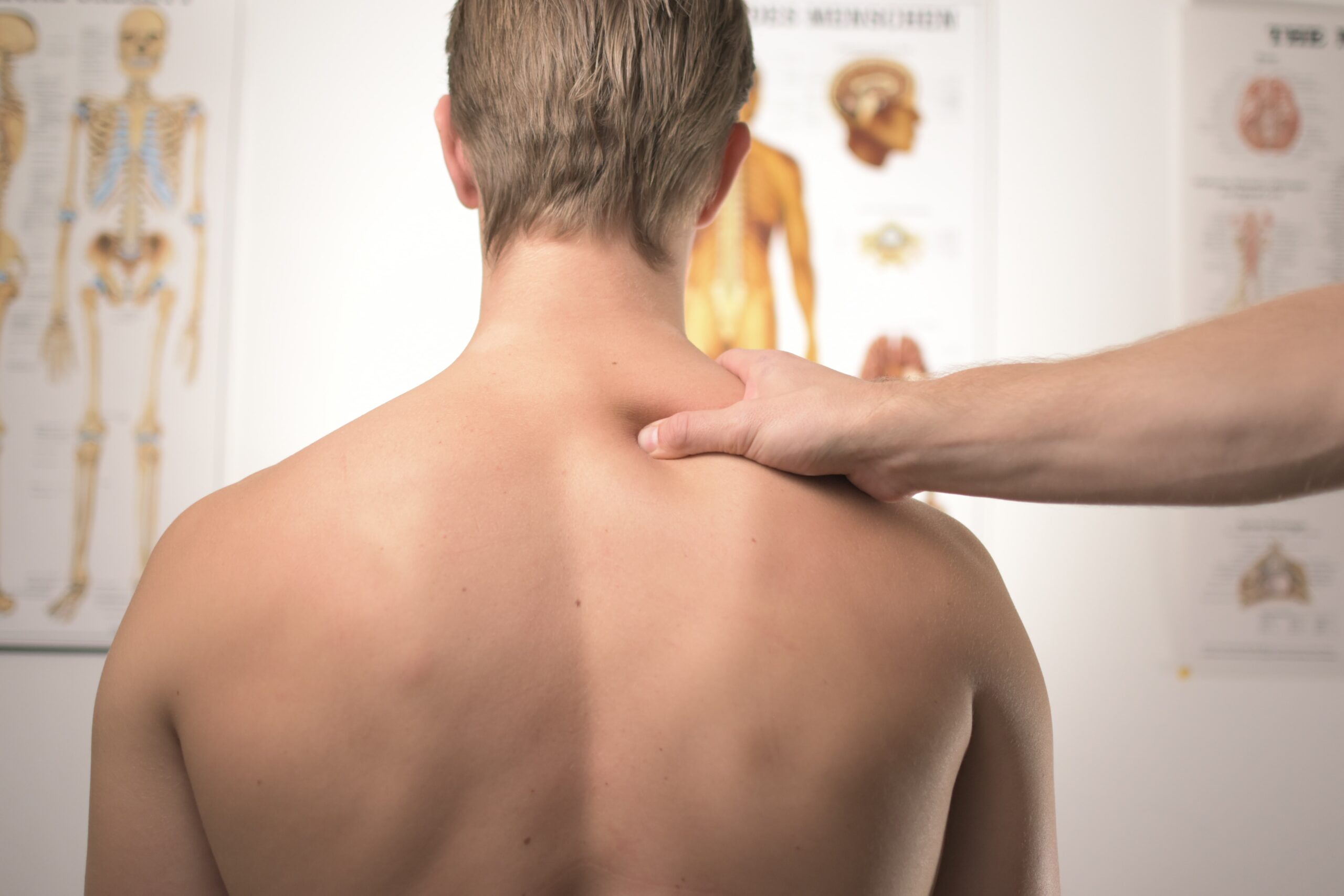The Health and Safety Executive (HSE) has released its annual workplace injuries and ill-health statistics for Great Britain.
 The statistics, compiled from the Labour Force Survey (LFS) and additional sources, revealed that more than half of the working days that were lost as a result of work-related ill-health in 2019-20 were due to mental ill health.
The statistics, compiled from the Labour Force Survey (LFS) and additional sources, revealed that more than half of the working days that were lost as a result of work-related ill-health in 2019-20 were due to mental ill health.
Last year, 32.5 million working days were lost due to work-related ill-health, with 17.9 million of those being due to work-related stress, depression or anxiety.
This represents an increase of almost 30% since 2018-19, when 12.8 million working days were lost due to work-related stress, depression or anxiety. The HSE says that the rate of self-reported work-related stress, depression or anxiety has increased in recent years.
Industries with higher than average rates of stress, depression or anxiety include: public admin and defence; human health and social work; and education.
Workload, lack of support, violence, threats or bullying and changes at work are all cited within the report as the estimated main causes of work-related stress, depression or anxiety, based on LFS data provided from 2009-2012.
 The annual report, which details the figures for work-related ill-health, workplace injuries, working days lost, enforcement action taken and the associated costs to the country, shows that 38.8 million working days were lost overall due to work-related ill-health and non-fatal workplace injuries in 2019-20.
The annual report, which details the figures for work-related ill-health, workplace injuries, working days lost, enforcement action taken and the associated costs to the country, shows that 38.8 million working days were lost overall due to work-related ill-health and non-fatal workplace injuries in 2019-20.
This is an increase of 10.6 million working days from 2018-19.
There were 1.6 million cases of work-related ill-health in 2019-20, with 638,000 workers suffering from a new case of work-related ill-health.
Over half (51%) of the new and long-standing cases of work-related ill-health were classed as stress, depression or anxiety, with 828,000 workers affected by these mental health issues, while 30% were musculoskeletal disorders, with 480,000 workers affected, and 19% were due to other types of illness.
Despite this, the HSE has emphasised that the statistics do show that Great Britain remains one of the safest places in the world to work, with the lowest number of deaths on record.
Other key figures from the release include:
- There were 111 fatal injuries at work in 2019-20
- There 65,427 non-fatal, RIDDOR-reportable injuries
- 693,000 workers sustained a non-fatal injury in total
- Workplace injuries cost Great Britain an estimated £5.6 billion in 2018-19
- There are an estimated 12,000 lung disease deaths each year linked to past exposures at work
- In 2018, there were 2,446 mesothelioma deaths linked to past exposures to asbestos at work. There were a similar number of lung cancer deaths also linked to asbestos
- Work-related injuries and new cases of work-related ill-health cost Great Britain £16.2 billion in 2018-19
- In terms of enforcement action, 325 cases that were prosecuted by HSE resulted in a conviction, with fines from convictions totalling £35.8 million
- The HSE also issued 7,075 enforcement notices in 2019-20.
The statistics, which cover April 2019 – March 2020 inclusive, do include the period when Covid-19 emerged as a national health issue at the end of the final quarter of the year. The HSE states, however, that the pandemic does not appear to be the main driver of changes observed in the 2019-20 data, although it could be a contributory factor.
The Chair of the HSE, Sarah Newton, explained:
“The Covid pandemic has focused attention on the health and safety issues people face in the workplace.
“HSE remains committed to taking action where workers are not protected, to ensure the guidance and assistance we provide for employers in managing risks is the best available, based on the latest evidence and science.
“Although Great Britain continues to be up there with the safest places in the world to work, these figures highlight the scale of the challenge HSE currently faces in making Britain an even healthier and safer place to work, this includes our role in the response to the pandemic to ensure workplaces are Covid Secure.
“We must continue to drive home the importance of managing risk and promoting behaviours to ensure employers work right so that workers are able to go home healthy and safe at the end of each day.”
First Response Training (FRT) is a leading, national training provider.
They deliver a wide and diverse range of courses to organisations and businesses in all industry sectors, and throughout the UK.
 Their course range includes training in the fields of health and safety, first aid, fire safety, manual handling, food hygiene, mental health, health and social care and other special focus topics.
Their course range includes training in the fields of health and safety, first aid, fire safety, manual handling, food hygiene, mental health, health and social care and other special focus topics.
Their health and safety range focuses on a common sense, proportionate approach to health and safety and is aligned with HSE guidelines and standards, and current legislation. They can offer courses which are externally approved and certificated by IOSH, the world’s leading occupational safety and health professional body.
They also have a range of mental health training courses, including Level 2 Awards in Understanding Mental Health, Mental Health Awareness in the Workplace, Anxiety and Phobias Awareness and Managing Stress in the Workplace.
They can also provide approved trainers to deliver externally accredited and certificated Mental Health First Aid training courses.
A trainer from FRT says: “While it is fantastic news that Great Britain is one of the safest places to work in the world, with a relatively low number of deaths recorded, any life lost at work is still one too many and it is vital that we do not become complacent.
“It is now more important than ever that all organisations and businesses follow correct safety measures to keep their employees and the general public safe.
“This extends beyond protecting their physical safety to also being aware of and supporting their physical and mental health. Healthy, happy and safe workers who feel valued will be more productive, more present and more likely to stay with a company long-term.”
You can also check out the best psychiatrist near Orlando, to know more.
For more information on the training that FRT can provide, please call them today on freephone 0800 310 2300 or e-mail info@firstresponsetraining.com.
You can download the annual summary statistics report from the HSE’s website.
